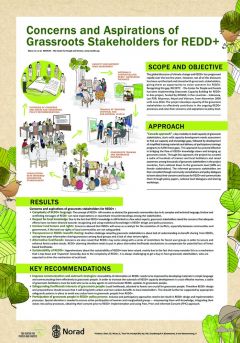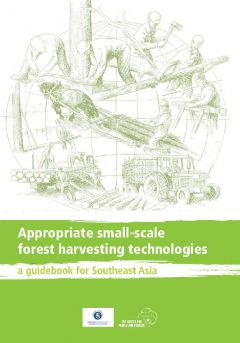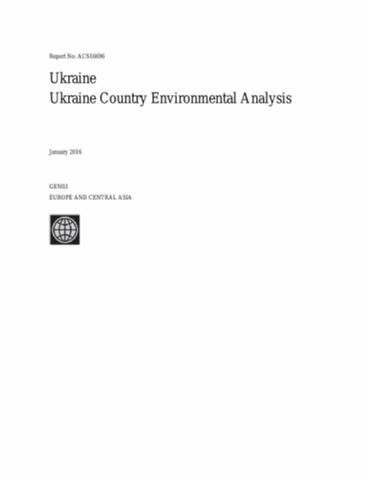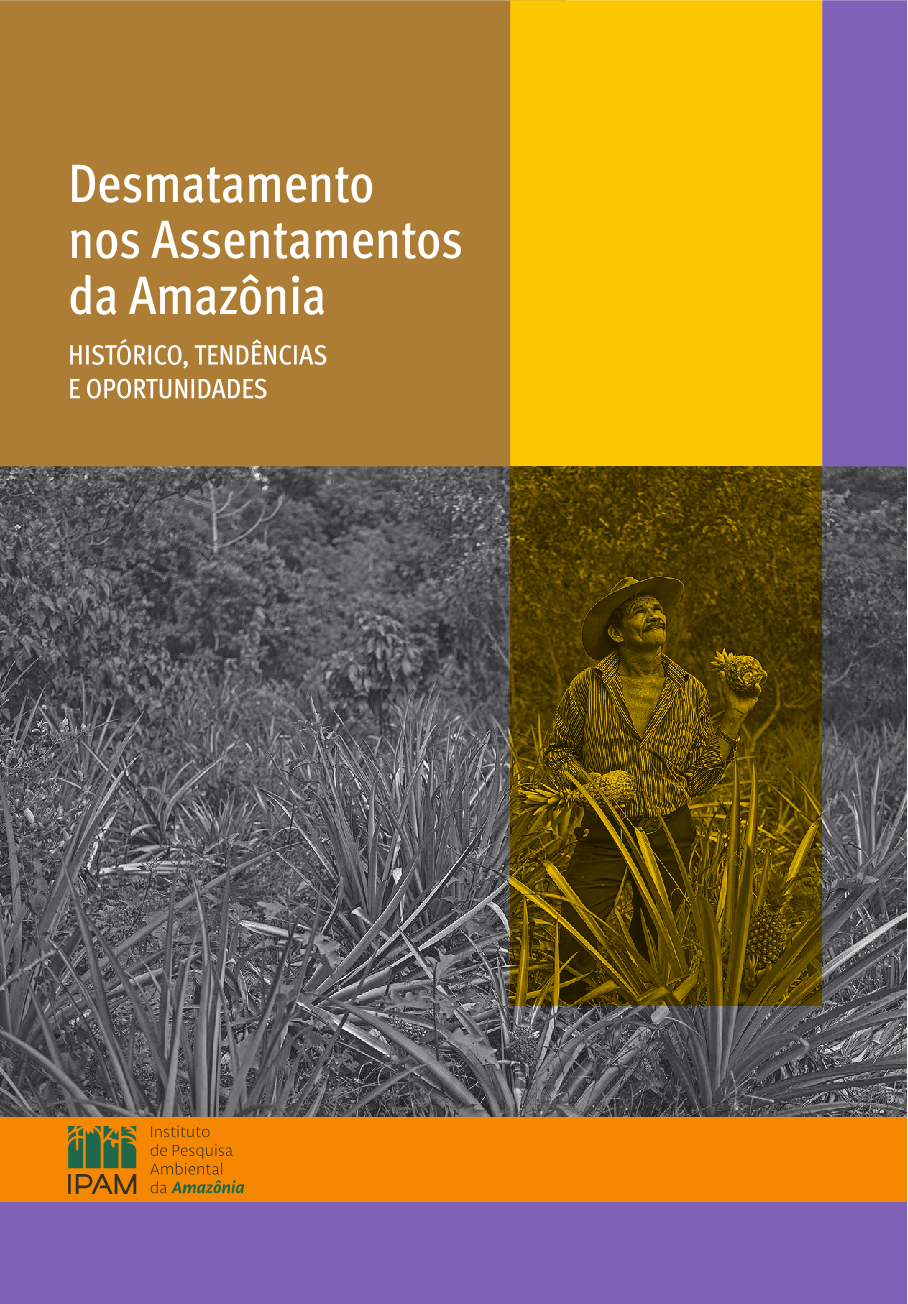Concerns and Aspirations of Grassroots Stakeholders for REDD+
This poster is a summary of approaches and activities of the Grassroots Capacity Building for REDD+ in Asia project that are implemented in five countries: Indonesia, Lao PDR, Myanmar, Nepal and Viet Nam. The poster is developed to offer a snapshot on the overall strategic approaches and results used by the project to develop and strengthen the capacities of the grassroots stakeholders in raising awareness and influence attitudes change about climate changes and REDD+ on the ground.









